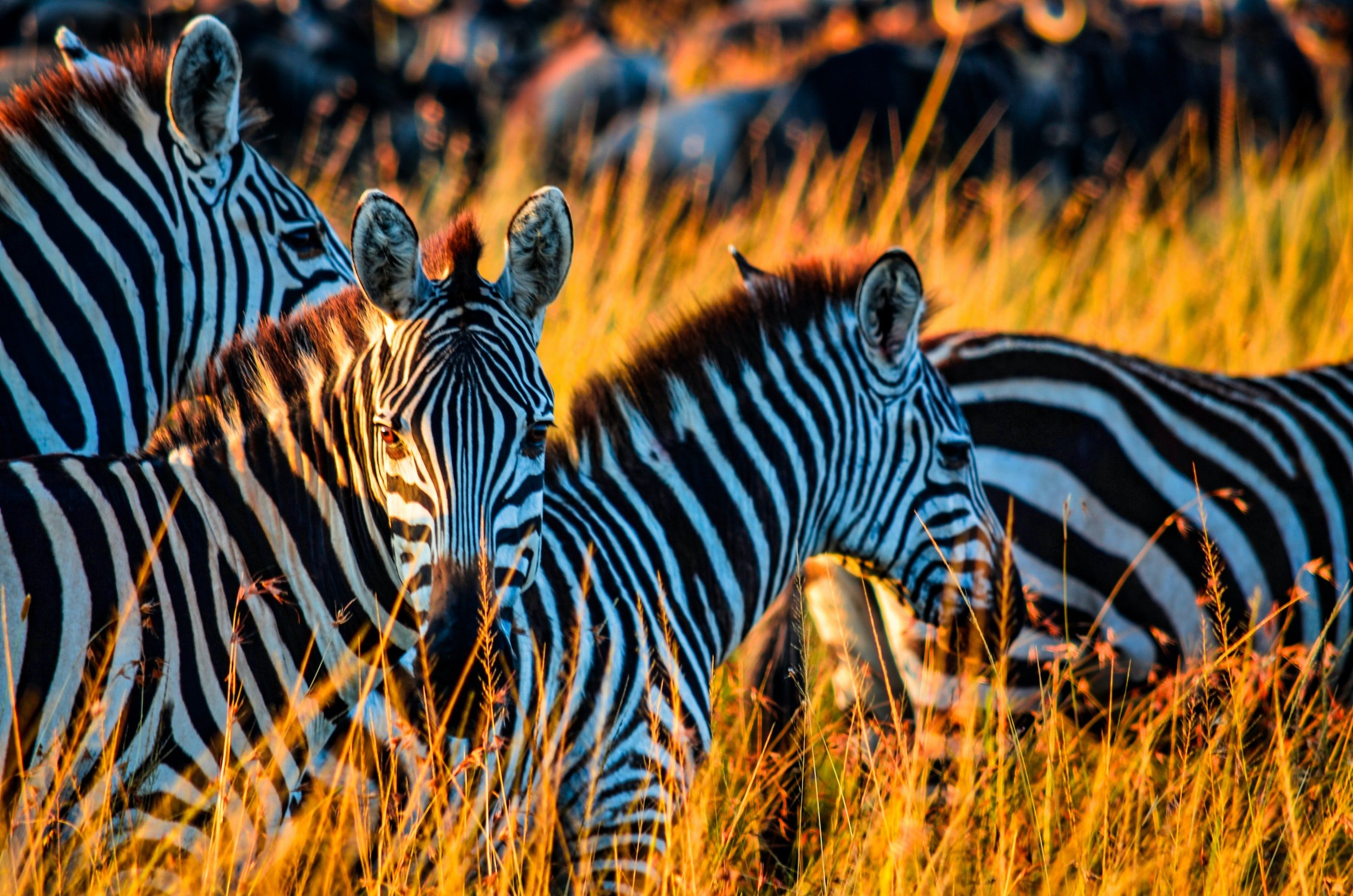8 THINGS NOT TO DO ON AN AFRICAN SAFARI
African Safari / Image: @perventuator
You’re off on your African Safari! Packing, visa’s and foreign currency consume your time before you run to the airport.
You’re about to have the time of your life and all you can think about is exotic far away lands, getting sun drenched under the mandarin colored African sun, sipping sundowners under the canopy and early morning game drives to spot those elusive wild animals that you’ve only ever dreamt of seeing.
Before you know it - Buffalo, lion, leopard, crocodile, elephant, rhino - are all animals that will be right before your very eyes. An African safari is a true trip of a lifetime. To get to see these magnificent beings in their natural habitat takes long drives and longer plane rides but it is all worth the numerous hours of travel. An African safari is incredible, inspiring and breathtaking.
However, with the fun comes important etiquettes and customs to follow when you go on an African safari to make sure you are heartily accepted and warmly welcomed to visit again.
SUBSCRIBE
Sign Up To Our Newsletter And Receive News On Our Latest Adventures, VIP Offers And Travel Tips
African Safari / Image: @perventuator
DON’T Sleep in.
An African safari adventure is a far cry from a relaxing pool-side vacation. Africa is a place where you want to make the most of every single minute. Sleeping late on an African safari is typically frowned upon. The safari tour companies that you will be traveling with, commonly have every day mapped out for you which will mean that the days will start relatively early in the morning and finish later in the day. The early start times on an African safari are there to allow you to get good sightings of animals as they wake up in the mornings. Throughout the day is the hottest part of the day and during this period is when a lot of animals tend to hide and sleep in the shade which can be a little more troublesome when trying to spot them. In the morning light and at dusk is when there is much more movement and activity to be seen from wild animals. Be sure not to miss any game drives, as it's the ones you miss that are the most memorable.
If you have a passion for lions and are thinking about traveling on an African safari - check out our African Lion Safari, where we combine adventure travel with lion conservation.
DON’T call out to animals.
Calling out or shouting at the wild animals is not accepted in any of the African or National Parks. When on route on an African safari game drive, it is essential to behave in a quiet and respectful manner towards the animals. You are entering into their home range, where their sense of sound plays an important part in their daily lives for hunting, mating and listening out for danger. If you are talking loudly or shouting to get their attention, it is considered intrusive, a distraction and you may be interrupting an important action. Within most African National Parks there are many endangered or critically endangered animals that live here and where respect from humans is of the utmost importance.
DON’T Interrupt a kill because you want a better view.
It is common for travelers to request better views of the animals as they journey throughout their African safari. Taking impressive pictures is at the forefront of many tourists' minds. However, remaining quiet and restrained when observing animals, especially when witnessing a Kill is extremely important. Animals spend hours, days, weeks waiting to catch a kill which is inherently important to their own food intake as well as their offspring’s to stay alive. They take time in seeking out and stalking their prey. Remaining quiet is extremely important so we don’t disturb their chance to eat.
DON’T share the location of animal viewings on social media
If you have a social media account, it is advised for the safety of endangered wild animals not to tag the location you are in. Believe it or not, poachers do look at social media to seek out information and find the whereabouts of animals or just to identify they exist within a certain area of the park.
If you are going on an African safari to watch the animals, be sure to keep them safe and not disclose their whereabouts.
African safari / Image: Sneha Cecil
DON’T litter.
It may be a little obvious but it is essential not to drop litter or leave litter anywhere on your African safari. Littering is not accepted within the National Parks. The parks have many urgent and pressing issues to deal with like keeping critically endangered animals safe from poachers, making sure their animals thrive in the habitat of the park and that the park's ecosystem works in perfect harmony so that the animals can live successfully.
If you are camping or lodging within a National Park on your African safari - it's encouraged to use biodegradable, especially compostable products as it is better for the environment. Smoking within the park is also not allowed.
DON’T walk around outside at night .
If you are camping on your African safari, then you will probably be advised by your camp leader or guide that leaving your tent at night can be dangerous without the use of a flashlight and the accompaniment of a fellow traveler. Wild and rustic camping is available at most of the African National Parks which means that although you will be in a designated camping area, there is nothing protecting you from the wild animals. Animals are free to roam the campgrounds if they choose and there have been many incidents where they have. It is essential to follow your guide's advice at all times.
DON’T keep food in your tent.
Animals have an extremely good sense of smell and will sniff out any type of food especially if they are hungry or on the hunt. Whether it is day or night time, it is an essential rule NOT to have any food in your tent at any time.
To keep yourself safe and not to tempt animals anywhere near your sleeping area or others around you. Animals do not understand the boundaries of campsites and tent enclosures. Animals like hyenas tend to scavenge for food after dark and will try their luck at getting any food they can. It is best all round to keep food away from your tent and campsite in general.
DON’T purchase items from endangered species.
It is absolutely not acceptable to purchase items that have been derived from an endangered species. If you aren't sure what the product is containing, make sure to ask. Whether it be ivory, animal skins or the use of animal bone - it is unaccepted to purchase this. Some endangered animal products like ivory and animal parts are illegal to export and will cause you to get arrested. If you are on an African safari, you are most likely there to observe the amazing animals and to do as much as you can to protect them. Don't increase the need for illegal animal hunting whilst you are on your African safari.
African safari / Image: David Clode
Make an impact on your next African Safari!
Discover an African Safari with a unique perspective. We have developed one of the most extraordinary experiences that bridges Lion Conservation with adventure travel.
Our expedition takes us on a thrilling route through Tanzania - exploring one of the most extraordinary journeys in Africa.
Our African safari trip will highlight Lion Conservation and we will be exposing travellers to resources and experiences you will only encounter through this adventure. Experience lion conservation from the worlds best lion conservation experts and registered conservation charitys to enable you to broaden your safari experience above and beyond your wildest dreams.
‘AFRICAN LION SAFARI’ Is Our Biggest Adventure Yet









